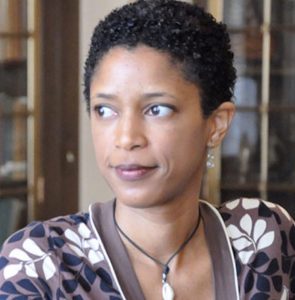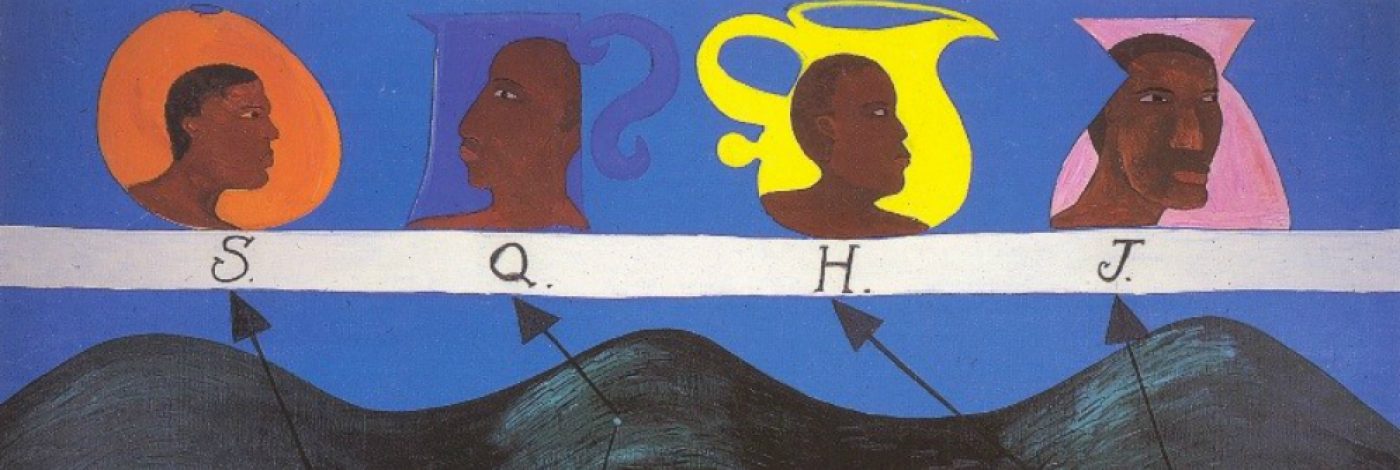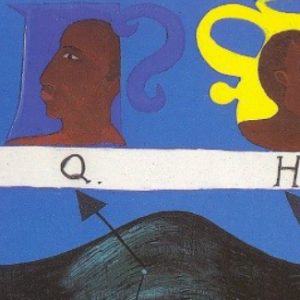Despite the on-going COVID pandemic, my sojourn at the Centre for Black Humanities in Bristol during the fall term of 2021 was an incredibly productive and intellectually engaging experience. I conducted research in the Bristol archives on two related projects. The first was the creation of a digital map of the various locations associated with Black people in 18th century London through the lens of Ignatius Sancho. Sancho and his employer, the Duke of Montague were in Bath in 1768 and I was curious about representations of Black people in Bristol. In addition to finding out information about Pero and Frances Coker, who both worked for the Pinney family in Bristol, I also found in the Bristol Archive, two relatively unknown letters written by Black men living in Bristol during the early 19th-century. Such data productively challenges notions of absence of Black people in the archives of Britain at this time and provides more details about the complexities of their lives. Thought to have been primarily victimized and enslaved, my research in the Bristol and Bath archives in the fall highlights instead the diversity of experiences of Black people in the UK in the late 18th and early 19th-centuries.
The second project was my book manuscript on representations of women of color from the Caribbean in fictional European texts between 1790-1830 and the research at Bristol was also intended to explore and reconsider the social context of one of the texts from that project, The Woman of Colour. Published in 1808, it is an epistolary novel about a mixed-race Jamaican heiress who travels to England to marry her White cousin according to a stipulation in her father’s will. However, after an ominous wedding ceremony, it turns out the cousin was already married but had thought his wife was dead. After the scandal of the recovery of the ‘first’ wife, Olivia declares herself a widow then returns to Jamaica—along with her money—to serve the enslaved.
The novel, which received three positive reviews in the press, includes insightful critiques of English society and its racist attitudes. The novel takes place primarily in Bristol and its environs. Olivia’s ship from Jamaica arrives in Bristol Harbor, and after she lands, she spends her first night at the Bush Tavern, downtown on Corn Street. She then moves to stay with relatives on Gloucestor Row in Clifton. And after her marriage, she moves with her husband Augustus to an estate called New Park, in Devonshire which is described as reminding her maid, Dido, of their former estate in Jamaica. Then after the traumatic revelations about her husband’s first marriage, Olivia flees Devonshire and finds solace in a cozy cottage in Monmouthshire.
Scholars speculate that the author of the novel might have been either Ann or Rebecca Wright. Mixed-race heiresses from Jamaica, whose white plantation owner father included a stipulation about his daughter’s eventual marriages in his will, as Olivia’s father had done in the novel. I thought I had found evidence of Rebecca Wright in Somerset, but that avenue turned out to be a dead end. I think it’s more likely that the author of the novel might have been someone who knew or knew of Ann or Rebecca because most of the evidence about the two sisters does not place them in Bristol, but rather in Southwestern London—in Streatham and Mitcham—where their father was from, and where each eventually lived after marrying Black British-Jamaican men. But the existence of Ann and Rebecca, like the two letters by Black men in Bristol, complicates notions of the supposed isolation of Black people in the UK before the Victorian era.
Professor Nicole Aljoe is Professor of English and Africana Studies at Northeastern University. Professor Aljoe’s research focuses on 18th and early 19th Century Black Atlantic and Caribbean literature with a specialization on the slave narrative and early novels. In addition to teaching in these areas, she has published articles on these topics in American Literary History, The Journal of Early American Literature, and African American Review. In her monograph Creole Testimonies: Slave Narratives from the British West Indies, 1709-1836 (Palgrave 2012) and in the co-edited collections Journeys of the Slave Narrative in the Early Americas (UVA Press, 11/2014) and, most recently, A Literary History of the Early Anglophone Caribbean: Islands in the Stream (Palgrave/Springer, April 2018), she explores the myriad ways in which subaltern voices appear in the archives.



